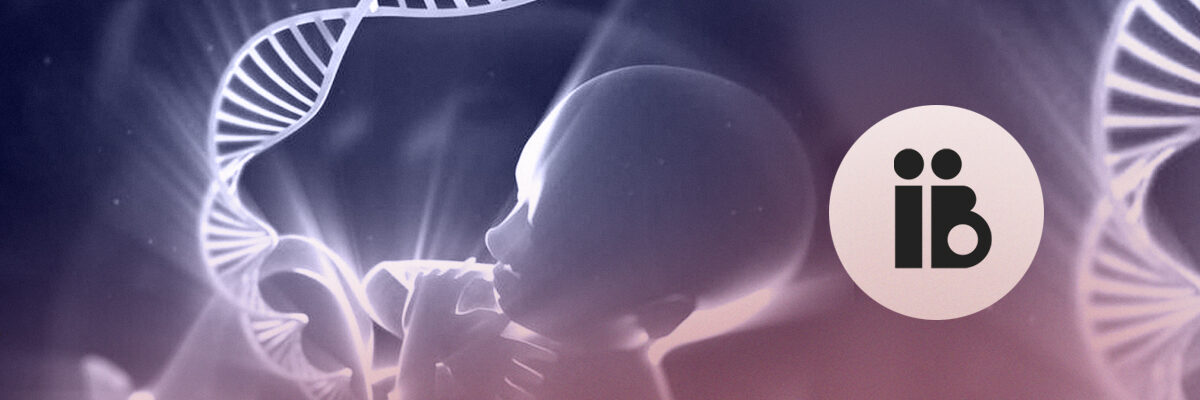Testing foetal DNA using the mother’s blood
This antenatal diagnosis test uses a blood sample from mothers to detect chromosomal abnormalities in babies

The screening test that is used in order to rule out the most common chromosomal abnormalities is a foetal DNA analysis. It is possible to detect abnormalities of this kind in a sample of blood collected from the mother, which is then quantified using an avant-garde technological process called next-generation sequencing.
The test can be performed very early on from week ten of pregnancy. The result includes a statistical study of the chances of having any of the disorders that are analysed.
The test is incredibly reliable. According to recent publications, it has detection rates in excess of 99% and false positive rates as low as 0.1%. The main difference in comparison with the tests that are currently routinely used, therefore, is that the number of false positives is up to five times lower meaning that a great deal of unnecessary invasive tests can be avoided. Many amniocenteses can be avoided and the test provides us with a precise assessment of the risk of the trisomies that cause most chromosomal abnormalities.
| ADVANCED FOETAL DNA TEST | The test:
|
|---|---|
| COMPLETE FOETAL DNA TEST | The test:
|
| FOETAL DNA TEST PLUS | The test:
|